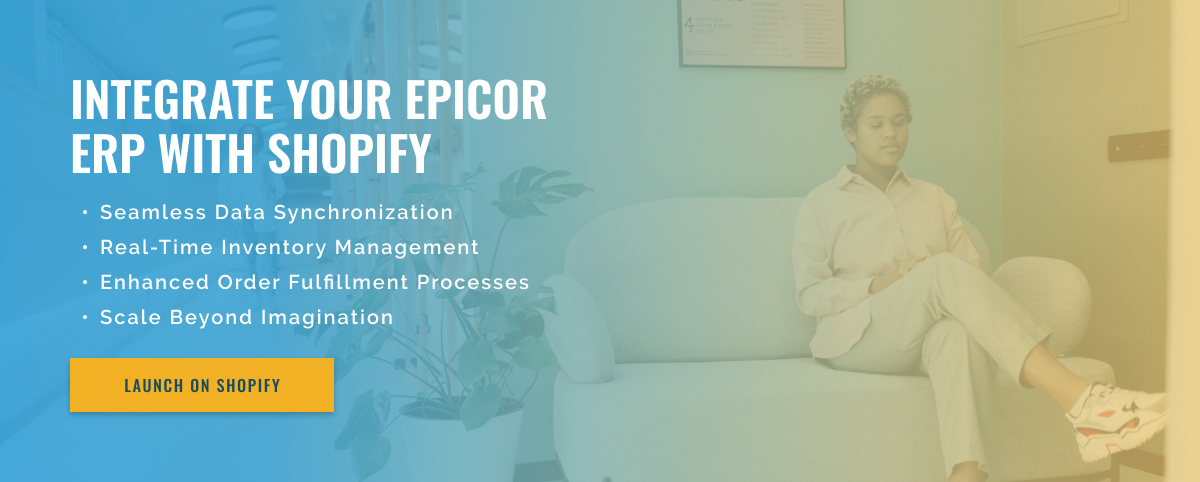3 minute read
Tracking Customer Behavior Across Shopify and Epicor
In today’s fast-paced business world, understanding your customers’ behavior is crucial to success. With the rise of eCommerce, businesses have access to an overwhelming amount of data about their customers. Two popular platforms that many businesses use are Shopify and Epicor. One question that may arise is whether it is possible to track customer behavior on these two platforms. In this article, we discuss the capabilities and limitations of customer behavior tracking on Shopify and Epicor.
Shopify and Epicor are two popular platforms for managing business operations, but they serve different purposes. Shopify is a leading eCommerce platform that allows businesses to create and manage their online stores. Epicor, on the other hand, is an enterprise resource planning (ERP) platform that integrates various business processes such as inventory, finance, and sales. Although they serve different functions, both platforms collect valuable data about customer behavior.
With Shopify, businesses have access to a wealth of information about their customers, such as their purchase history, browsing patterns, and demographics. This data can be used to create targeted marketing campaigns and improve the overall customer experience. However, Shopify analytics is limited to activities that occur on the platform. It does not provide insights into customer behavior outside of the Shopify ecosystem.
Epicor, on the other hand, provides a holistic view of business operations by integrating data from different departments. This includes data on customer orders, sales, and shipments. However, the focus is on internal business operations rather than external customer behavior. This means that while Epicor can track customer orders and payments, it cannot provide insights into their browsing or purchasing patterns on Shopify.
So, is it possible to track customer behavior on Shopify and Epicor? The short answer is no, as both platforms serve different purposes and focus on different aspects of the business. However, there are ways to bridge the gap between the two. For example, businesses can use third-party tools like Google Analytics to track customer behavior on their Shopify store and link it to Epicor data. This provides a more comprehensive overview of customer behavior across all platforms.
In conclusion, while it’s not possible to perfectly track customer behavior across Shopify and Epicor, businesses can use several tools to gain a holistic view of their customers. By leveraging data from both platforms, businesses can gain valuable insights that can help them improve their marketing strategies, personalize the customer experience, and ultimately drive sales.

